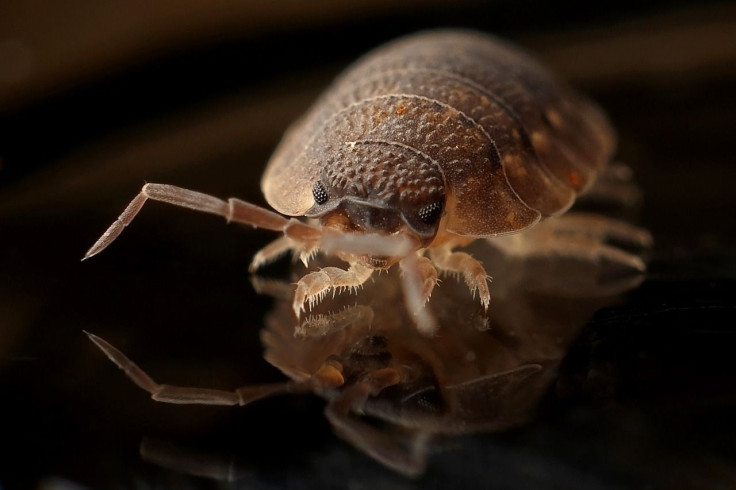Risk Of Chagas Disease In Texas Higher Than Previously Thought, As More Bugs Carrying Parasite Are Found Near Border

The deadly parasite Trypanosoma cruzi (T. cruzi) can be transmitted to humans through a kind of blood-sucking insect called Triatominae, also known as “assassin bugs” or “kissing bugs.” The bugs transmit Chagas disease to humans through the bite, during which the bug drops feces (ew) onto the subject through the bite wound. After that, the parasite is free to penetrate the bloodstream and go on to affect the heart and gastrointestinal system.
Chagas disease is a potentially deadly disease that affects six to seven million people worldwide, mostly in Latin America. The disease used to be confined solely to this region, but it has since spread to other countries and continents. First symptoms can include swelling of the eyelids, fever, enlarged lymph nodes, and abdominal or chest pain. If the patient receives no medical attention, the disease can progress to cause neurological or mixed alterations or heart failure.
A team of researchers from the University of Texas at El Paso (UTEP) wanted to know the prevalence of T. cruzi in Texas insects, so they set traps to collect the bugs responsible for transmitting the disease. In total, they collected 39 kissing bugs. Tests revealed that 24 bugs — or 61 percent — were infected with the T. cruzi parasite.
“It surprised me that so many of them were carrying the parasite,” said Dr. Rosa A Maldonado, associate professor of biological sciences at UTEP and leader of the study, in a press release. “I was expecting to have some, but this was quite high.”
Maldonado said Chagas disease could be a cause of the high rate of heart disease along the U.S.-Mexico border.
“Doctors usually don’t consider Chagas disease when they diagnose patients, so they need to be aware of its prevalence here,” Maldonado said. To prevent parasite transmission by the kissing bug, the biologist says it’s important to be aware of the presence of the bugs in the house and yard because pets like dogs and cats are also vulnerable.
The worst part is, getting bitten by a bug isn’t the only way to get infected by the parasite. It can be transmitted human-to-human through organ transplants, blood transfusions, and from a mother to a fetus. Food and juices contaminated by the bug feces are also capable of transmitting the parasite.
Maldonado hopes her work on the study will bring more awareness to the disease, which is often overlooked.
Source: Maldonado R, Buhaya M, Galvan S. Incidence of Trypanosoma cruxi infection in triatomines collected at Indio Mountains Research Station. Acta Tropica. 2015.
Published by Medicaldaily.com



























